
Following its historic entry into the Q2 quartile in 2022, Balkan Medical Journal has now achieved Q1 ranking in 2024, making it the first Turkish medical journal to reach this top-tier distinction. With a notable Impact Factor of 3.8, this elevation underscores the journal’s commitment to excellence and its growing global influence in the field of medical research

We are pleased to announce that, according to the 2024 Scopus data, Balkan Medical Journal has achieved a CiteScore of 3.7. This reflects the journal’s continued commitment to publishing high-quality, impactful research in the field of general medicine.

We are pleased to report that our journal has achieved an Impact Factor of 1.9 for the year 2023.
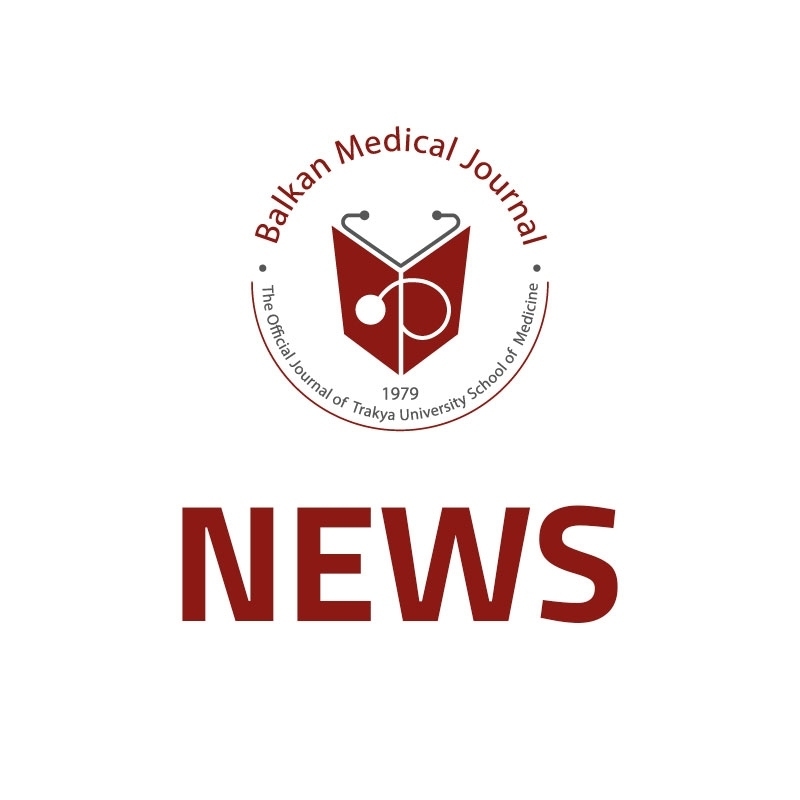
Balkan Medical Journal adopts the WAME recommendations on ChatGPT and Chatbots related to scientific publications
http://www.balkanmedicaljournal.org/static.php?id=10
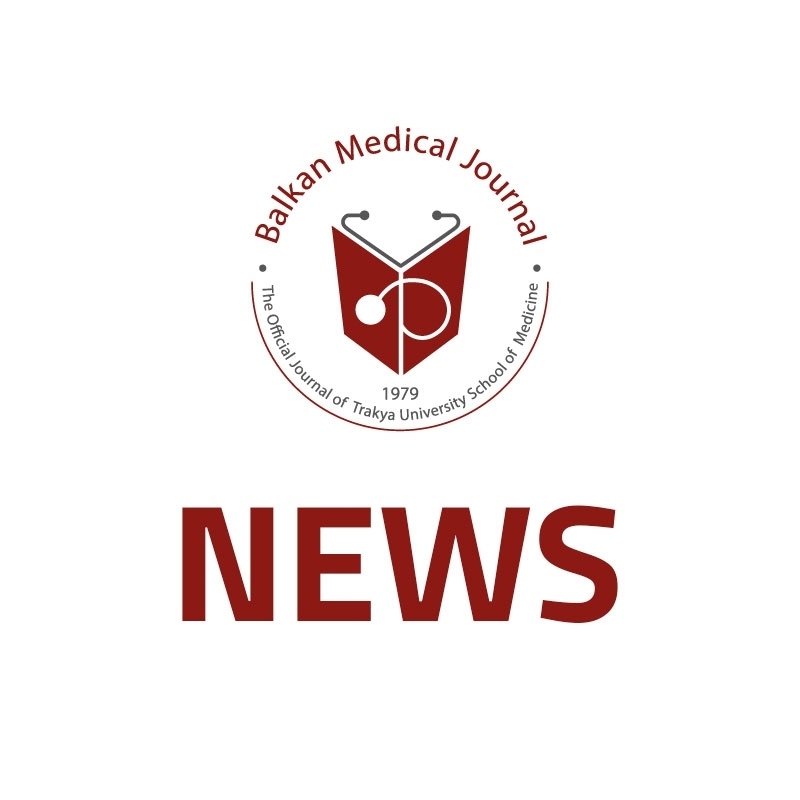
In the field of computer science, known as artificial intelligence, algorithms imitate reasoning tasks that are typically performed by humans. The techniques that allow machines to learn and get better at tasks such as recognition and prediction, which form the basis of clinical practice, are referred to as machine learning, which is a subfield of artificial intelligence.
http://balkanmedicaljournal.org/uploads/pdf/pdf_BMJ_2461.pdf
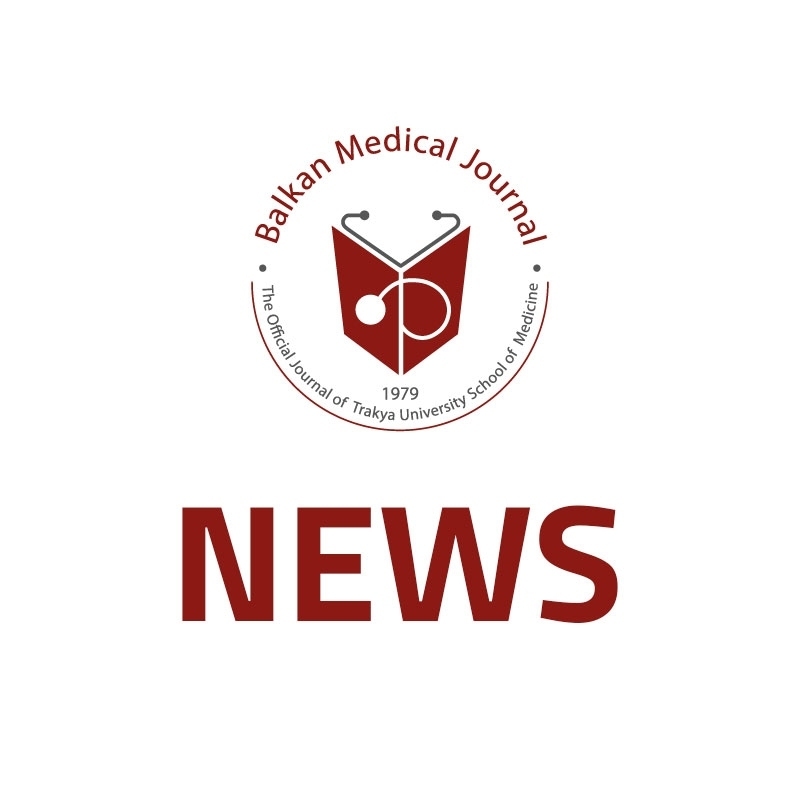
Type 1 interferonopathy is a novel context reflecting a group of inborn disorders sharing common pathway disturbances. This group of diseases is characterized by autoimmunity and autoinflammation caused by an upregulation of type 1 interferons (IFN)s due to certain genetic mutations.
http://balkanmedicaljournal.org/uploads/pdf/pdf_BMJ_2501.pdf
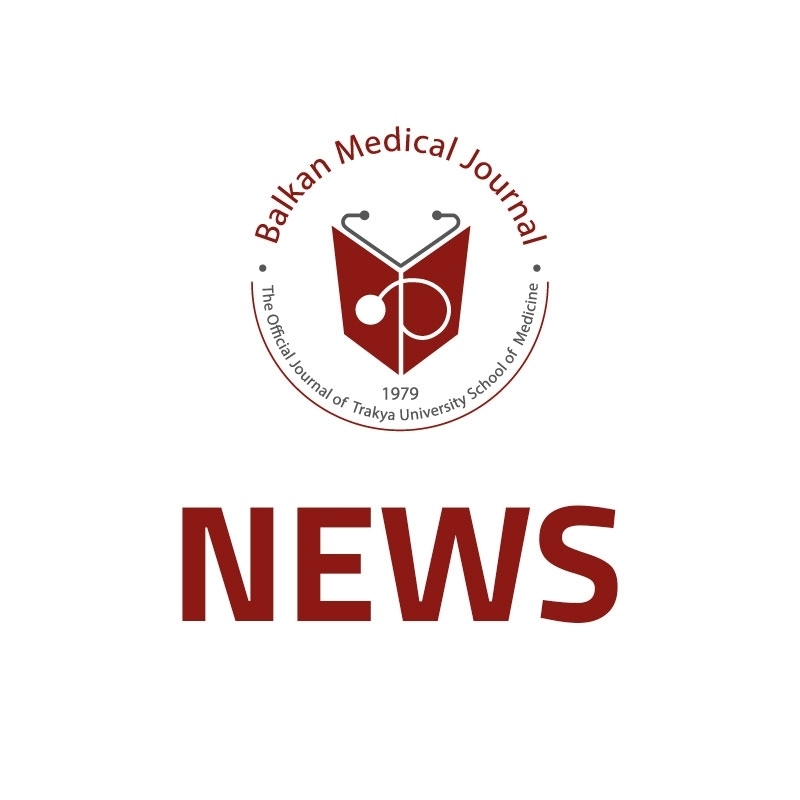
Many cytokines are released during inflammation, and they can start the phagocytic process, which caused the degradation of infected cells along with healthy ones. Therefore, targeting the pathological mechanisms, such as microglial activation, mitochondrial dysfunction, and oxidative stress, that should be involved in the treatment program is important.
http://balkanmedicaljournal.org/uploads/pdf/pdf_BMJ_2430.pdf
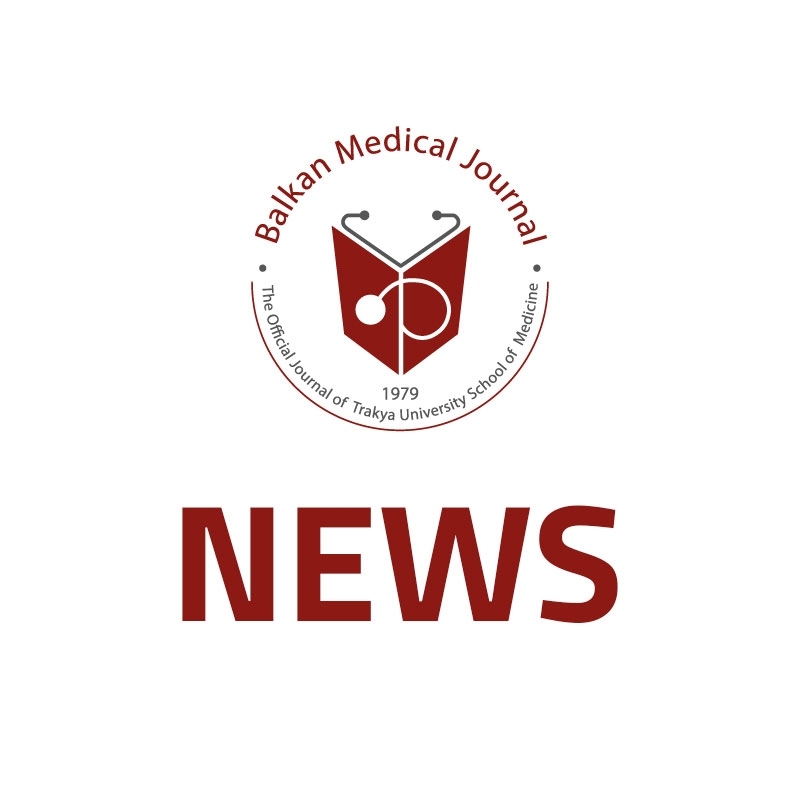
The European Association of Science Editors encourages all editors to ensure that reports of research on COVID-19 meet required standards and comply with agreed guidelines, and that any limitations are clearly stated.
Members of EASE have noted poor standards of reporting in many studies related to the COVID-19 pandemic. Medical and public health measures to treat infected patients and to limit the spread of the coronavirus have to be based on high quality evidence if they are to succeed. EASE urges all involved in collecting and publishing data related to the pandemic to adhere to ethical guidelines, and to follow standard reporting guidelines (see www.equator-network.org), for example CONSORT for clinical trials and STROBE for epidemiological studies. Demographic data should include age and sex of all individuals and follow the SAGER guidelines to ensure that data on sex and gender are fully and correctly reported. We encourage full and open sharing of data where possible.
We recognise that in times of crisis it may not always be possible to obtain all required data, and that reporting may – of necessity – be curtailed. To avoid misinterpretation, but also to facilitate the rapid sharing of information, we encourage editors to ensure that authors include a statement of limitations on their research. This will inform readers and strengthen the usefulness of any published research.
In addition, whilst always advocating high language standards, we acknowledge that to facilitate rapid dissemination of important research it may be necessary to limit editorial involvement to ensuring that the published research is understandable, and not to enforce stringent language requirements on authors.
Statement Created: 7 April 2020
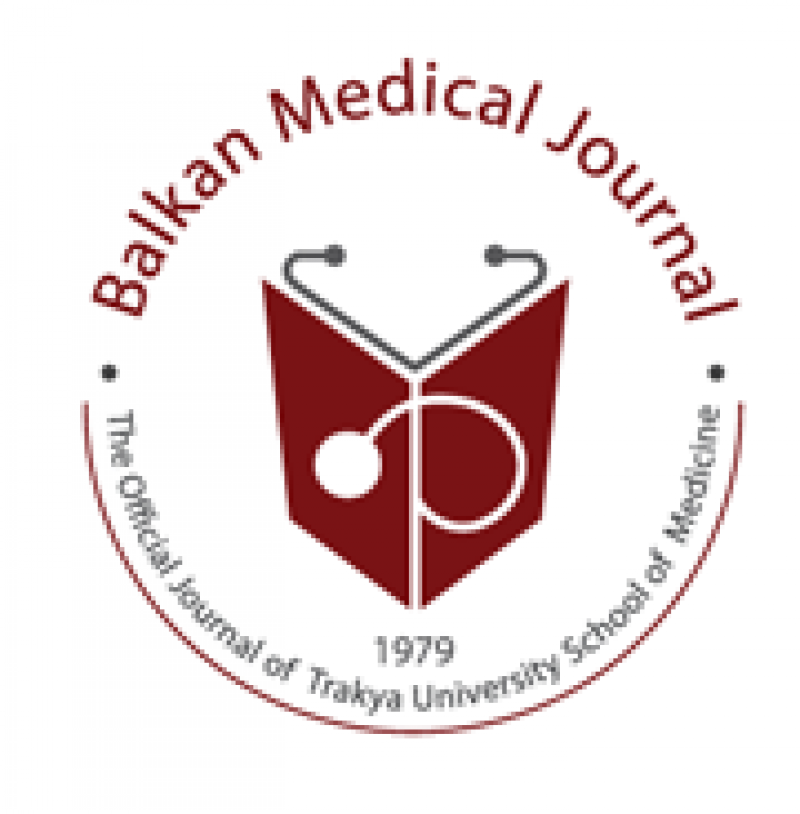
The question “Can today’s medical education content really respond to the pandemic(s)?” is open for discussion. Community-based medical education is the delivery of medical education in a specific social context.
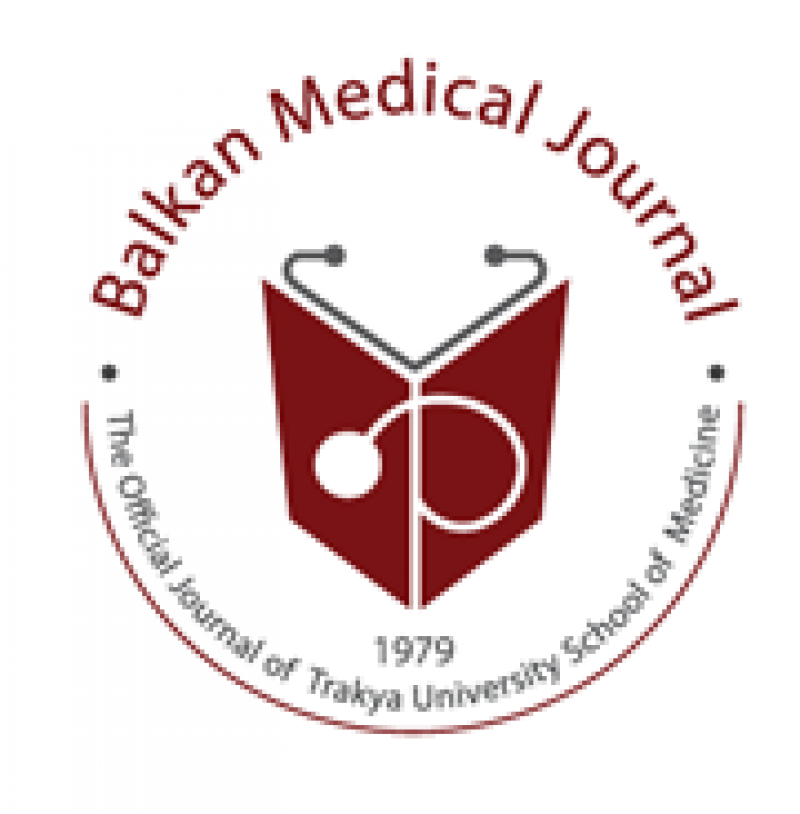
We are living in rare and unprecedented times. As the coronavirus disease 2019 (COVID-19) pandemic interrupted many things in the world, it also disrupted medical education.
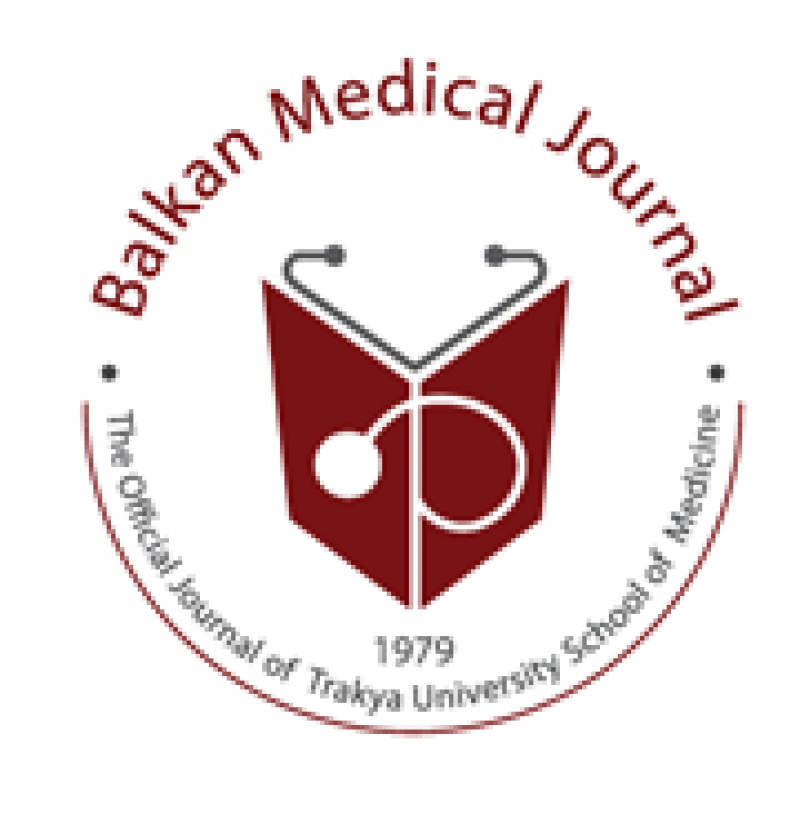
There is a lack of data regarding the effects of “Coronavirus disease-2019” on pediatric patients with rheumatic diseases. Additionally, there are three controversial circumstances that patients with rheumatic diseases are believed...
"Childhood Rheumatic Diseases and COVID-19 Pandemic: An Intriguing Linkage and a New Horizon"
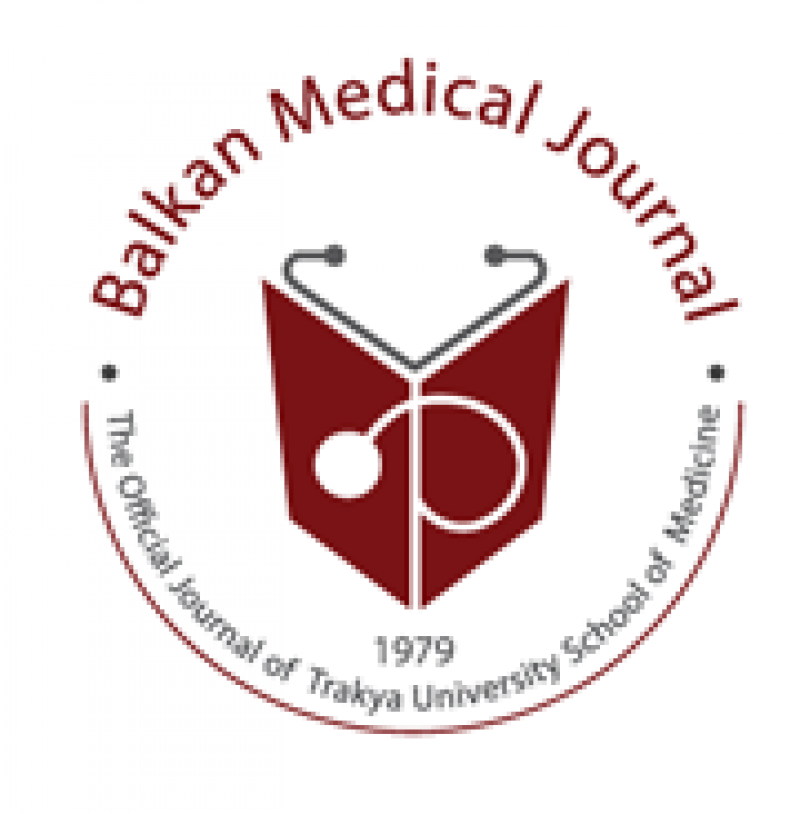
The COVID-19 outbreak has led to a speedy publication of many academic articles about the new coronavirus. Scientists and editors are under immense pressure to share their findings...
"Editor Responsibility and Scientific Integrity During the COVID-19 Outbreak"
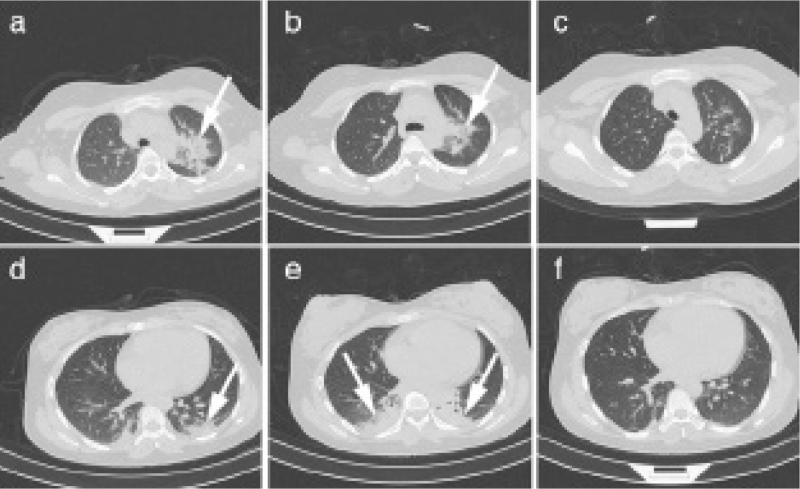
A 25-year-old woman who was 35 weeks and 1 day pregnant was admitted to a local hospital on February 9, 2020, presenting with a history of fatigue and mild dry cough for 3 days.
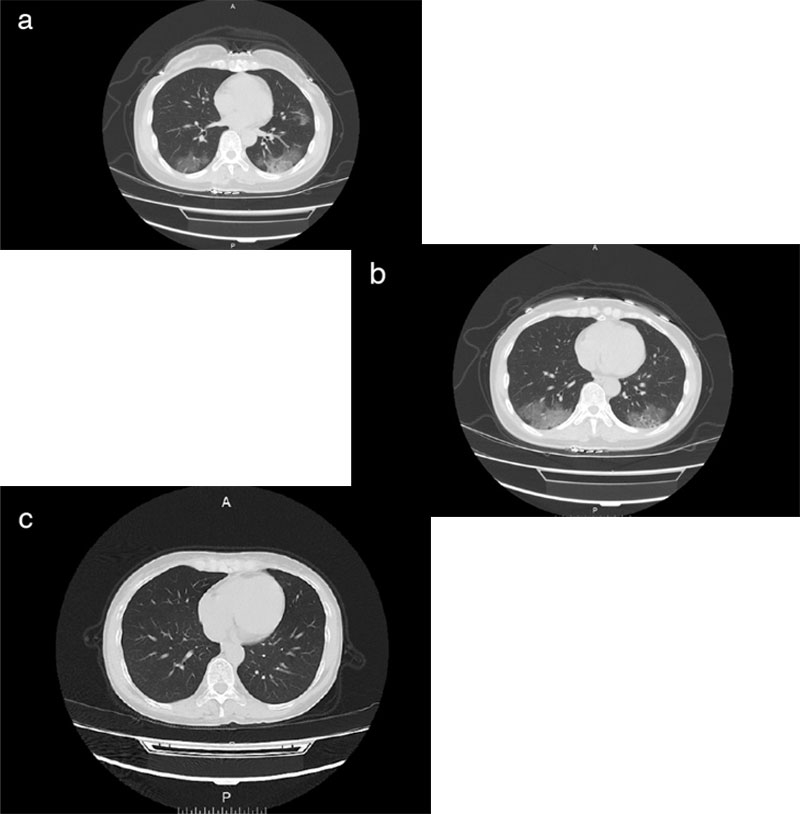
Since December 2019, the outbreak of the novel coronavirus has impacted nearly >90,000 people in more than 75 countries. In this case report, we aim to define the chest computed tomography findings of 2019-novel coronavirus associated with pneumonia and its successful resolution after treatment.
"CT Manifestations of Novel Coronavirus Pneumonia: A Case Report by
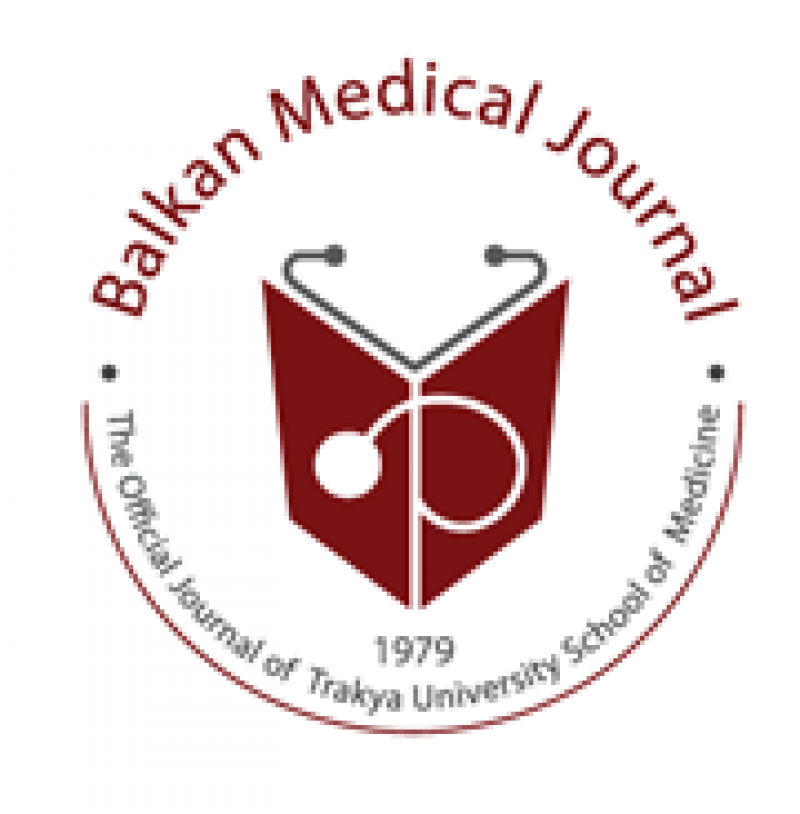
In this population-based case-control study, 22,677 cases of rheumatoid arthritis are matched to 90,013 controls, with a median follow-up of 10 years before rheumatoid arthritis diagnosis. The odds of developing rheumatoid arthritis are 60% higher in those exposed to antibiotics than in those not exposed (OR 1.60; 95% CI 1.51-1.68). A dose- or frequency-dependent association is observed between the number of previous antibiotic prescriptions and rheumatoid arthritis. Antifungal (OR = 1.27; 95% CI 1.20-1.35) and antiviral (OR = 1.19; 95% CI 1.14-1.24) prescriptions are also associated with increased odds of rheumatoid arthritis.
Source:
https://www.ncbi.nlm.nih.gov/pmc/articles/PMC6685281/pdf/12916_2019_Article_1394.pdf.
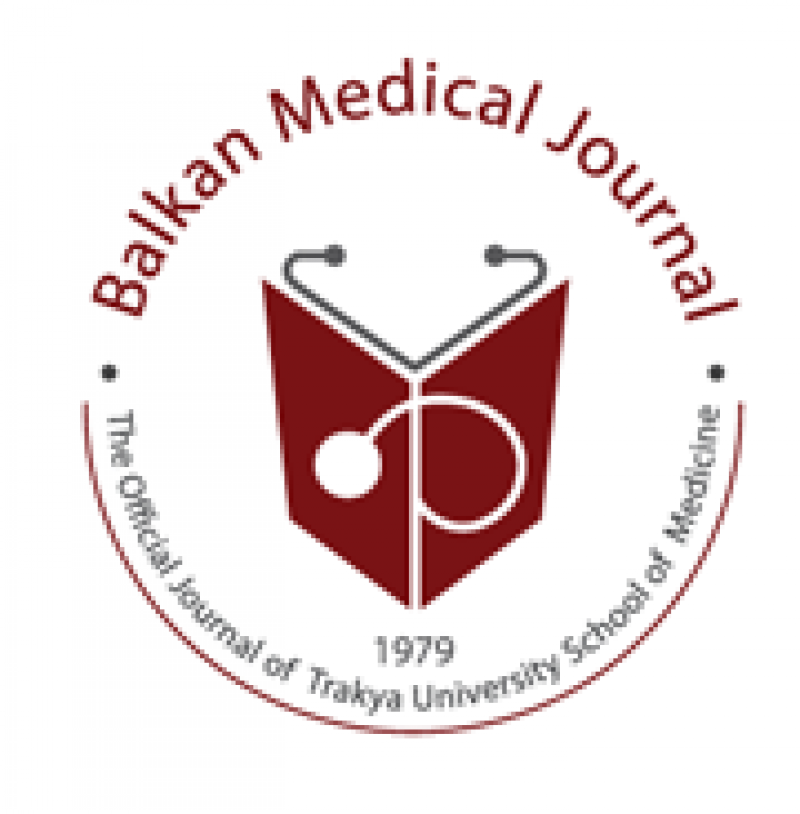
In this meta-analysis of randomized clinical trials published published online June 19, 2019 in JAMA cardiology that included more than 83 000 participants, vitamin D supplementation was not associated with reduced risks of major adverse cardiovascular events, myocardial infarction, stroke, cardiovascular disease mortality, or all-cause mortality compared with placebo. These results suggest that vitamin D supplementation may not confer cardiovascular protection and may not be indicated for this purpose.
Source:
https://jamanetwork.com/journals/jamacardiology/fullarticle/2735646

In a study from Denmark, total 2224 overweight individuals (1504 women, 720 men) followed a low-calorie diet (810 kcal/daily) for 8 weeks. The low-calorie diet induced different effects in women than in men, suggesting gender‐specific changes after weight loss. Body weight loss and reductions in a metabolic syndrome score, fat mass, and heart rate were more marked in men compared to women. However, reductions in HDL-cholesterol, hip circumference, lean body mass (or fat free mass), and pulse pressure were larger in women than in men.
Source:
https://onlinelibrary.wiley.com/doi/abs/10.1111/dom.13466

Louisa Gibson and Melanie Porter from Australiaaimed to investigate whether drinking or smoking while breastfeeding lowers children’s cognitive scores. They analyzed the data obtained from 5107 Australian infants recruited in 2004 and assessed every 2 years. The authors observed that exposing infants to alcohol through breastmilk may cause dose-dependent reductions in their cognitive abilities. The reduction in cognitive abilities was observed at age 6 to 7 years but was not sustained at age 10 to 11 years. The authors stated that although the relationship is small, it may be clinically significant when mothers consume alcohol regularly or binge drink.
Source:
http://pediatrics.aappublications.org/content/142/2/e20174266

According to a meta-analysis performed by Clarke MA et al. 9% of women with postmenopausal bleeding have endometrial cancer. The authors analyzed data from 40790 unique patients in 129 studies published January 1, 1977, through January 31, 2017. They found that 90% of women with endometrial cancerhave postmenopausal bleeding; however, only 9% of women with postmenopausal bleeding were diagnosed with endometrial cancer.
Source:
https://jamanetwork.com/journals/jamainternalmedicine/article-abstract/2695509

In the Norwegian Mother and Child Cohort Study included a total of 50, 943 mothers recruited from 2002 to 2008 and their children, it was found that pregnant women with average (50–199 mg/day, 44%), high (≥200–299 mg/day, 7%) and very high (≥300 mg/day, 3%) caffeine intakes had an increased risk of their child experiencing excess growth in infancy compared with women with low caffeine intake (<50 mg/day, 46%). There was an association between in utero exposure to caffeine and higher risk of overweight at age 3 years and 5 years, this association persisted at 8 years, only for very high exposures. The researchers concluded that "any caffeine consumption during pregnancy is associated with a higher risk of excess infant growth and of childhood overweight, mainly at preschool ages."

In a case-control study in older adults, it was observed a robust association between exposure to different classes of anticholinergic drugs and future dementia incidence.
The researchers used a large UK primary care database, Clinical Practice Research Datalink, and matched 40,770 older adults with a diagnosis of dementia to 283,933 controls without dementia. Until dementia diagnosis (4 to 20 years), an anticholinergic drug with a high anticholinergic burden (e.g., amitriptyline, paroxetine) were prescribed in 36% of cases and 30% of controls. It was found that increasing exposure to highly anticholinergic drugs was associated with increased dementia risk. The risk was highest with antidepressants, anti-Parkinson drugs, and urologic drugs.
The researchers concluded that "Clinicians should continue to be vigilant with respect to the use of anticholinergic drugs, and should consider the risk of long term cognitive effects, as well as short term effects, associated with specific drug classes when performing their risk-benefit analysis."
Source:

In a prospective study conducted on 104,980 participants aged at least 18 years from the French NutriNet-Santé cohort (2009-2017), a significant increase in overall and breast cancer was associated with an increase in the proportion of ultra-processed foods in the diet.
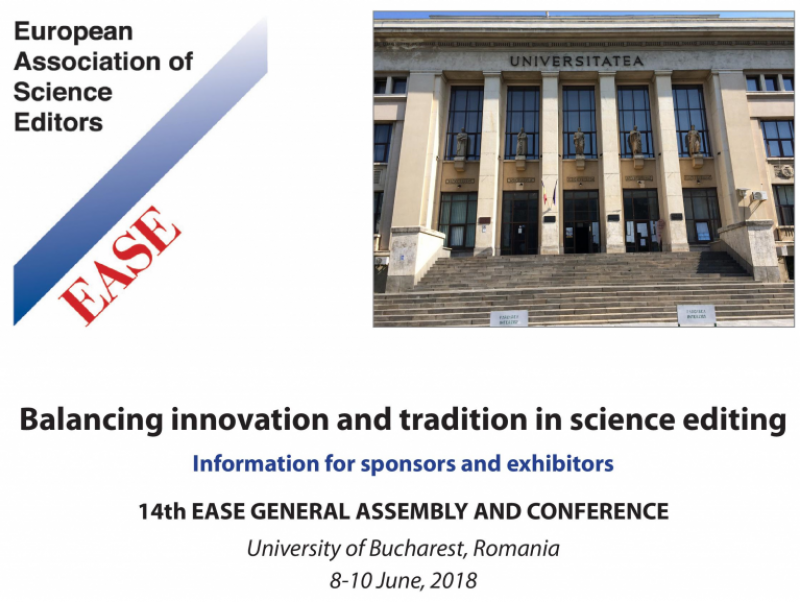
The 14th EASE Conference will be held in Bucharest, Romania, 8th-10th June, 2018, in partnership with the University of Bucharest.
The theme for the event will be ‘Balancing Innovation and Tradition in Science Editing‘.
For details please visit EASE website.

In a multicenter, community-based 30-year prospective cohort study in US, 1238 women from the Coronary Artery Risk Development in Young Adults (CARDIA) study of young black and white women ages 18 to 30 years without diabetes at baseline were screened for diabetes up to 7 times during 30 years after baseline (1986-2016). The study indicated a strong, graded inverse association of lactation duration with diabetes incidence.
Source: https://jamanetwork.com/journals/jamainternalmedicine/article-abstract/2668634?redirect=true

American Society of Breast Surgeons
1. Don’t routinely excise areas of psuedoangiomatous stromal hyperplasia (PASH) of the breast in patients who are not having symptoms from it.
2. Don’t routinely surgically excise biopsy proven broadenomas that are smaller than 2 centimeters in size.
3. Don’t routinely operate for a breast abscess without an initial attempt to percutaneously aspirate or drain it.
4. Don’t perform screening mammography in asymptomatic patients with normal exams who have less than 5-year life expectancy.
5. Don’t routinely drain non-painful fluid-filled breast cysts.

The association between using social media and sleep duration was examined among 5242 Canadian students aged 11-20. Overall, 63.6% of the individuals slept less than recommended, with 73.4% of students reporting that they used social media for at least one hour per day. The authors reported that greater use of social media was associated with shorter sleep duration in a dose–response fashion among the students.
Source:http://onlinelibrary.wiley.com/doi/10.1111/apa.14210/full

Based on data from 23 community surveys in 21 countries of the World Mental Health surveys, of more than 51,000 respondents, about 10% had a 12-month DSM-IV anxiety disorder, 27.6% of whom received any treatment, and only 9.8% received possibly adequate treatment. It was reported that lower treatment levels were found for lower income countries. The authors states that low levels of service use and a high proportion of those receiving services not meeting adequacy standards for anxiety disorders exist worldwide. Results reveal the need for improving recognition of anxiety disorders and the quality of treatment.
Source:http://onlinelibrary.wiley.com/doi/10.1002/da.22711/full
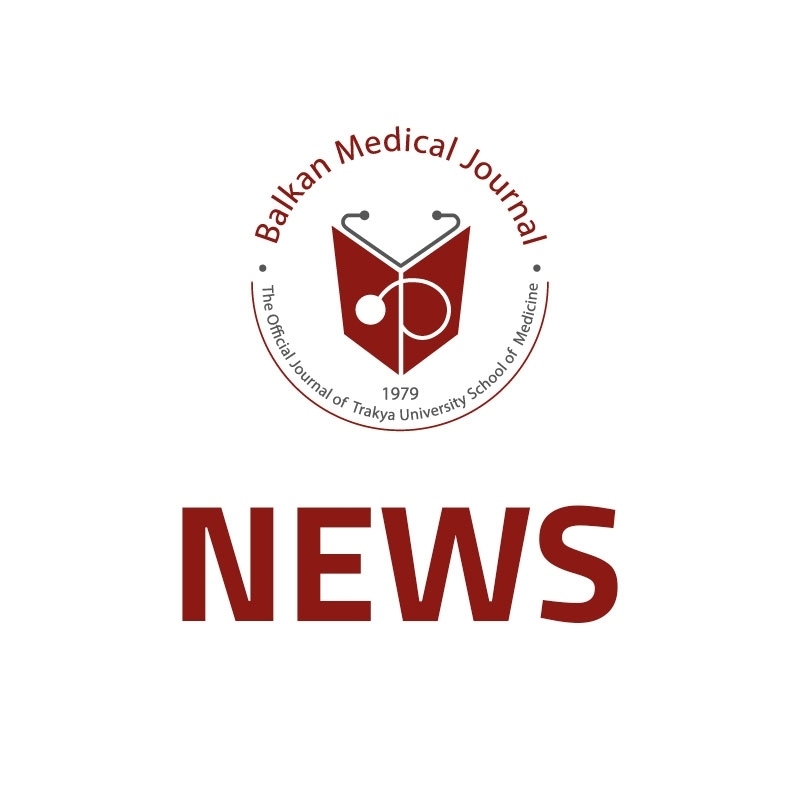
In a study with 960 participants of Memory and Aging Project (age 58-99 years), it was reported that consumption of approximately 1 serving per day of green leafy vegetables and foods rich in phylloquinone, lutein, nitrate, folate, α-tocopherol, and kaempferol may help to slow cognitive decline with aging.
Morris MC et al proposed that consumption of green leafy vegetables may help to slow decline in cognitive abilities with older age, perhaps due to the neuroprotective actions of lutein, folate, β-carotene, and phylloquinone. The addition of a daily serving of green leafy vegetables to one’s diet may be a simple way to contribute to brain health.
Source: http://n.neurology.org/content/early/2017/12/20/WNL.0000000000004815
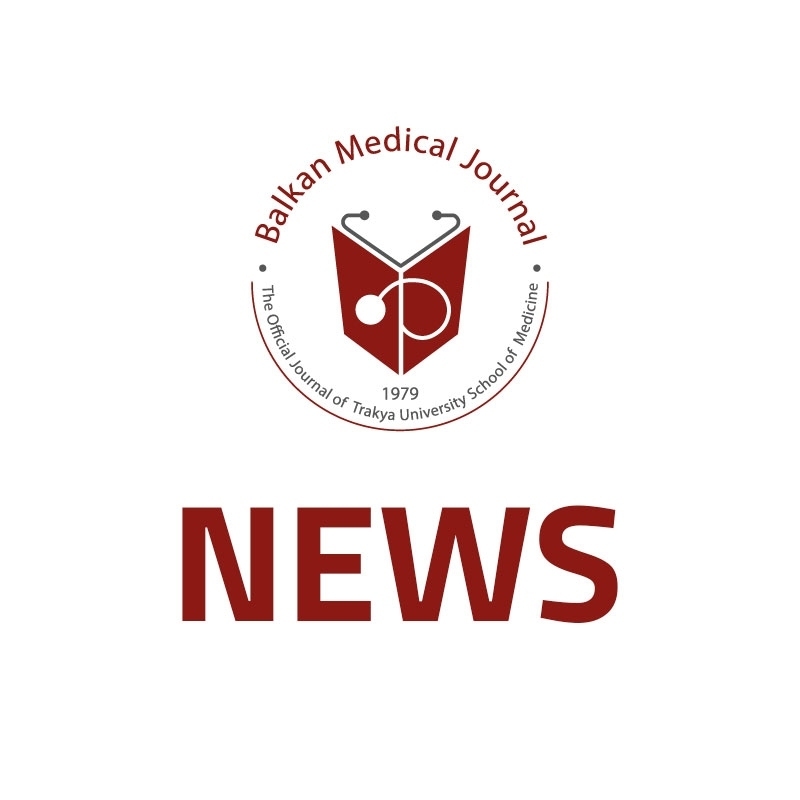
FDA approved a new gene therapy to treat children and adult patients with an inherited form of vision loss that may result in blindness. Luxturna (voretigene neparvovec-rzyl) is the first directly administered gene therapy approved in the U.S. that targets a disease caused by mutations in a specific gene. Luxturna is approved for the treatment of patients with confirmed biallelic RPE65 mutation-associated retinal dystrophy that leads to vision loss and may cause complete blindness in certain patients.
Source: https://www.fda.gov/NewsEvents/Newsroom/PressAnnouncements/ucm589467.htm
Source:
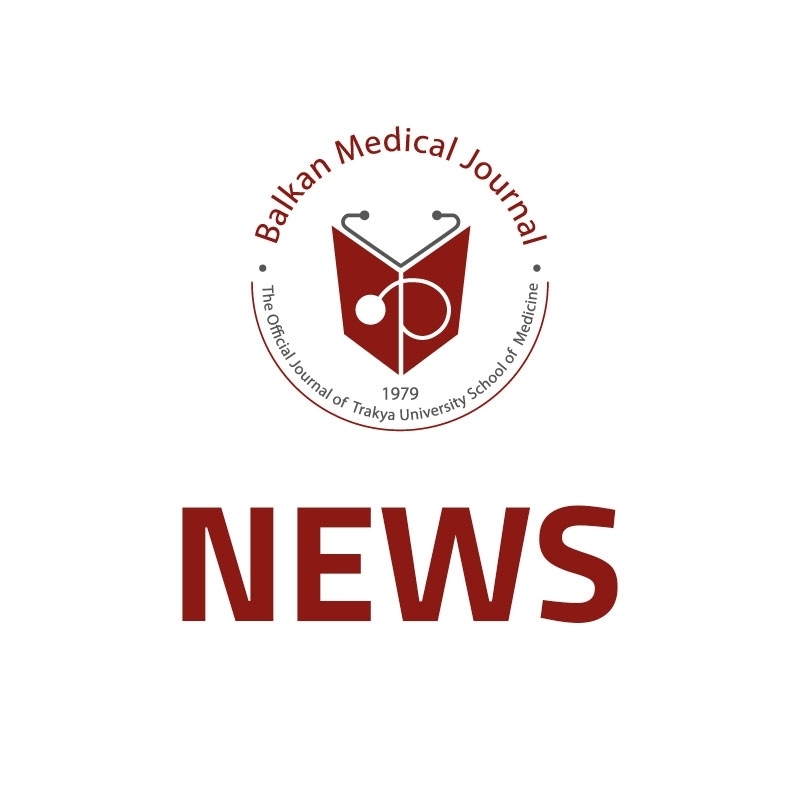
In 2014, the 11th session of ISSS was held in a small but lovely seaside area, in Enez, Turkey, in the district of Edirne. The activity was organized under the patronage of Balkan Medical Journal with the great support of Trakya University in Edirne, Turkey.
As the weather was fine, we used an open-air meeting hall. Even though it rained occasionally, thanks to the roof, we were able to watch the rain and enjoy the fresh air all around. Participants had a chance to enjoy the sea, which they generally did just an hour before dinner. But as they were eager to work, their discussions continued even after the dinner. A little trip was organized to Edirne where the group was able to meet the rector of Trakya University and also to visit historical monuments, such as the Selimiye Mosque, the old medical faculty, and the hospital. The international faculty was formed of junior members, including Alpay Aribas (Turkey), Cigdem Koca (Turkey), Alexey Savelev (Russia), and senior members, including Ljuba Bacharova (Slovakia), Gulmira Kudaiberdieva (Turkey) and Mustafa Inan (Turkey).
Eva Blahovcova (Slovakia), Selma Korkmaz (Turkey), Ksenia Sedova (Russia), Onur Yıldırım (Turkey), Erion Çerekja (Albania) Marina Vaykshnorayte (Russia), Erdoğan Bulut (Turkey), Zuzana Kaňková (Slovakia), Edin Demiri (Kosovo), Serkan Balta (Turkey), Enis Redjep (Macedonia), Agnieszka Narkun (Poland), Silvia Smolarova (Slovakia), Emine Dilek (Turkey), Sinem Bağcı (Turkey), Sezin Fıçıcıoğlu (Turkey), Arber Gashi (Kosovo), Kıymet Tabakçıoğlu (Turkey), Maros Kolomaznik (Slovakia) and Çağatay Oltulu (Turkey) were in Enez as participants.
International Scientific Summer School 2014 was successfully completed with young scientists and experienced faculy members discovering the language of science, understanding the importance of team work, finding and answering the right questions, and developing their English language skills.
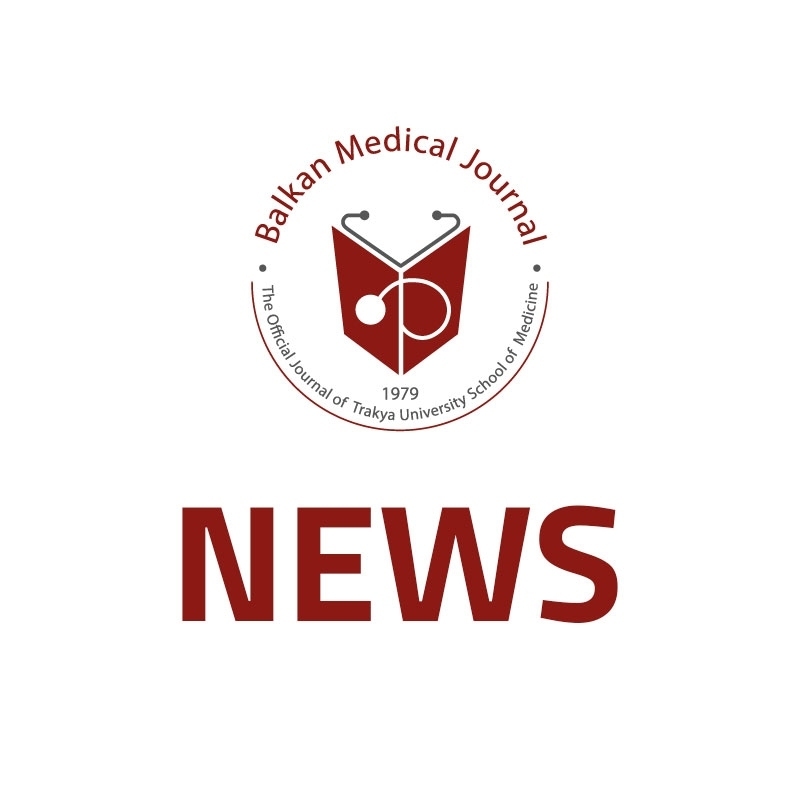
The symposium on “Symposium on Basic Features of a Good Scientific Journal”, organized within the scope of the 14th Training Activity of Balkan Medical Journal, was held on 16 January 2015 in Trakya University Balkan Congress Center, Senate Hall.
The morning session saw the attendance of approximately 100 participants while the referee training in the afternoon session saw 50 participants working in the distinguished universities and scientific journals in Turkey.
The keynote speech was given by Prof. Dr. Yener Yörük , the Rector of Trakya University.
The first session started at 09.00 with the presentation of speakers’ resumes by the moderator Prof. Dr. Okan Çalıyurt. The first speaker was Prof. Dr. Üstün Aydıngöz , a lecturer in the Department of Radiology in the Medical Faculty of Hacettepe University. Dr. Aydıngöz treated the subject of “How to become and remain a good scientific journal?” in light of their experience in Diagnostic and Interventional Radiology, the most effective medical journal in Turkey, where he was the editor for two years.
The second speaker was Prof. Dr. Berna Arda , a lecturer in Ankara University, Faculty of Medicine, Medical History and Ethics Department, who, in her speech titled “Ethics in the assessment of essays: Are there faults and mistakes in this process?”, explained the necessary steps and common mistakes found in the assessment of essays sent to a scientific journal.
The afternoon session started at 13.30 as Prof. Dr. Mustafa İnan, the moderator of the training titled “How to become a good referee in a Medical Journal?”, read the resumes of speakers. The first speaker, Lecturer Prof. Dr. Taner Kemal Erdağ from Dokuz Eylül University, Faculty of Medicine, Department of Otorhinolaryngology, gave a speech titled “Technical aspect of good refereeing” where he provided a description of good refereeing, and detailed explanation of the steps to be taken in the proper assessment with examples.
The second speaker was Prof. Dr. Necdet Süt , a Lecturer in Trakya University, Department of Biostatistics and Biostatistics Editor of Balkan Medical Journal , who gave the speech titled “Statistical aspects of good refereeing”, mentioning the issues of study designs, power analysis, good reporting guidelines, recording of clinical studies and fundamental statistical calculations.
The third speaker, Lecturer Prof. Dr. Cem Uzun from Trakya University, Faculty of Medicine, Department of Otorhinolaryngology and Editor-in-Chief of Balkan Medical Journal made a speech titled “Ethical aspect of good refereeing” where he explained the ethical issues to consider in assessing essays, relevant practical information and the ethical rules that the referees must observe.
YouTube channel “Balkan Medical Journal”, playlist
“Symposium on Basic Features of a Good Scientific Journal”:
https://www.youtube.com/playlist?list=PLv90DaNAM3df5yPqdwmjost47sDiUsVWS
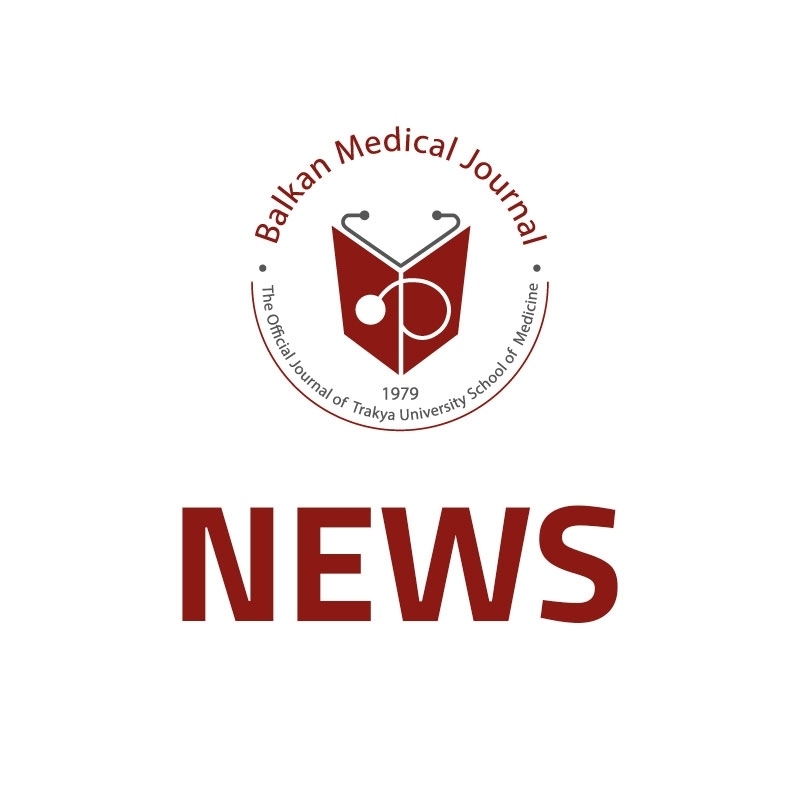
“Edirne Editor Workshop and Balkan Panel on Publication Ethics”, the 15th training events of Balkan Medical Journal took place on February 13 and 14, 2015 respectively. The meetings received the participation of numerous journal editors and researchers from Turkey and the Balkans. The Event kicked off on 13.02.2015 with the keynote speech Prof. Yener YÖRÜK, MD the Honorary Chairman and the Rector of Trakya University.
The first session saw the Editor Workshop, where the session chairman Prof. Dr. Okan ÇALIYURT read the curriculum vitae of the Honorary Guest Speaker and Instructor Prof. Ana MARUŠIĆ, MD, PhD Split University, Split, Croatia (Editor-in-Chief, Journal of Global Health and Former Editor-in-Chief, Croatian Medical Journal), who was invited to give her speech titled “Publishing small and scholarly journals - challenges and opportunities”. The event proceeded with the official guest speaker and instructor Ksenija BAŽDARIĆ, BA, PhD, Rijeka University, Rijeka, Croatia (Editor-in-Chief, European Science Editing and Research Integrity Editor, Croatian Medical Journal) reading her curriculum vitae and taking the stage for her speech. She then gave her speech titled “Ethical standards in journal publishing”. Following the lunch break, Prof. MARUŠIĆ once again took the stage to give her another speech titled “Increasing visibility of journals: impact and promotion”. The matter was discussed in details with questions from the audience.
The panel commenced at 14.40 with the participation of numerous researchers and academicians where the ethical issues of scientific publication in the Balkans were tabled under the title “How to decrease publication misconduct in the Balkans?” led by Prof. Ana MARUŠIĆ, Ksenija BAŽDARIĆ, Assoc. Prof. Stefanos TRIARIDIS, MD, MSc, PhD, Aristotle University of Thessaloniki, Thessaloniki, Greece (Editor-in-Chief, Hippokratia) and Prof. Cem UZUN, MD (Symposium Chairman and Editor-in-Chief, Balkan Medical Journal).
The sessions on 14 February 2015 started with the Session Chairman Prof. Dr. Mustafa İNAN inviting Prof. MARUŠIĆ to give a presentation titled “Working with authors and reviewers”, which was followed by the interactive meetings held by Prof. MARUŠIĆ and Dr. BAŽDARIĆ on the subject “Journal Clinic: Critical assessment of journals edited by participants”. In this session, the strengths and weaknesses of Balkan Medical Journal were tabled and assessed.
The closing ceremony saw the participants receiving certificates and conclusion of the meetings.
YouTube channel “Balkan Medical Journal”, playlist
“Edirne Editor Workshop & Balkan Panel on Publication Ethics”:
https://www.youtube.com/playlist?list=PLv90DaNAM3dcMdeDwHzGWG3x1gOO89JEG
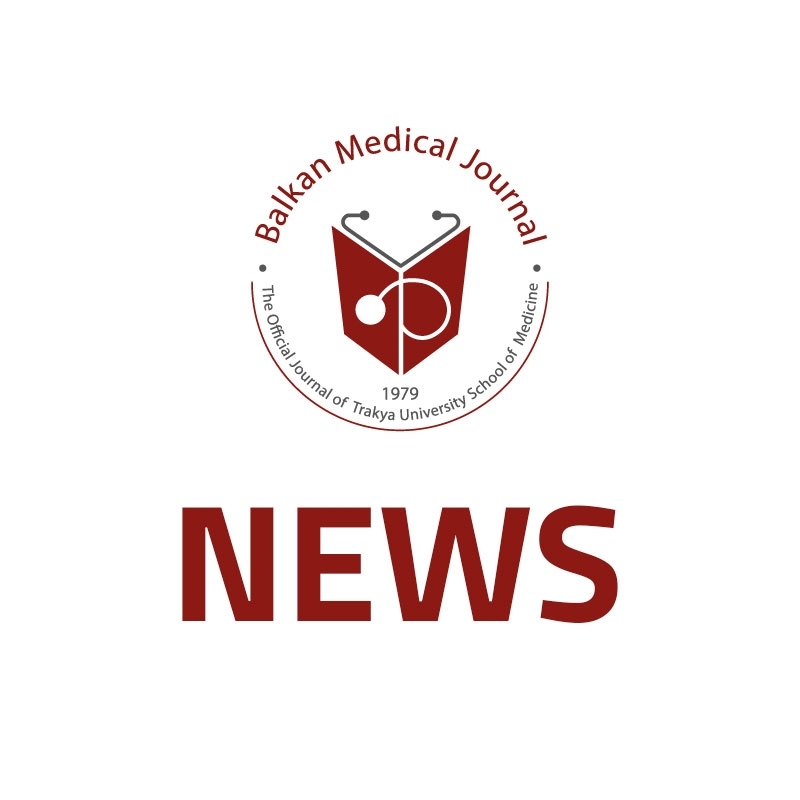
FDA approved the first drug in the U.S. with a digital ingestion tracking system. The pill has an ingestible sensor embedded in the pill that records that the medication was taken. The sensor of the pill sends a message to a wearable patch that transmits the information to a mobile application so that patients can track the ingestion of the medication on their smart phone.
https://www.fda.gov/NewsEvents/Newsroom/PressAnnouncements/ucm584933.htm
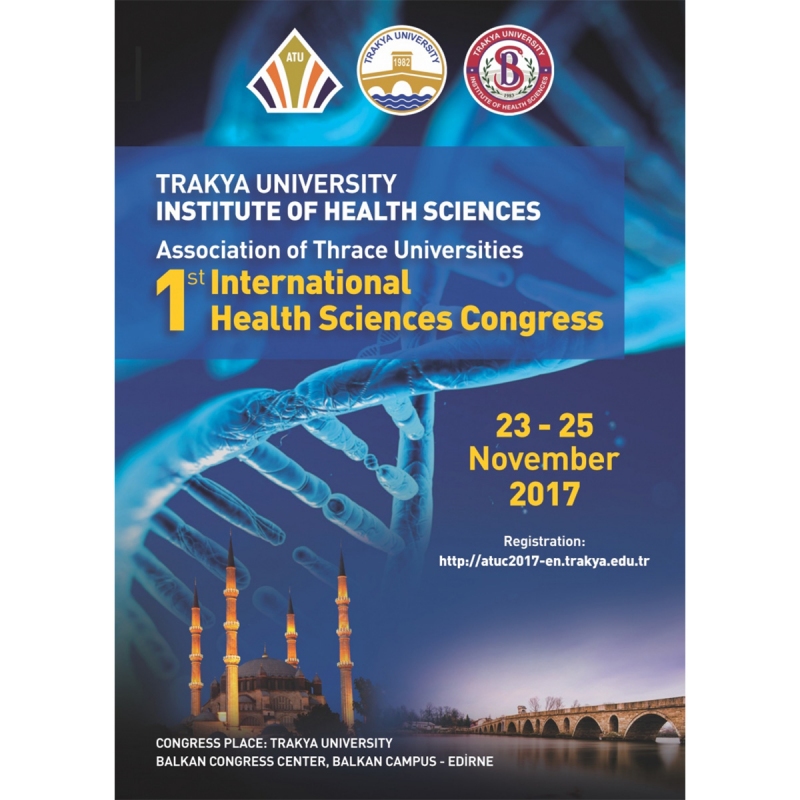
First International Health Sciences Congress will be held in Balkan Congress Center, Edirne on 23-25 November 2017.
Congress website: http://atuc2017-en.trakya.edu.tr
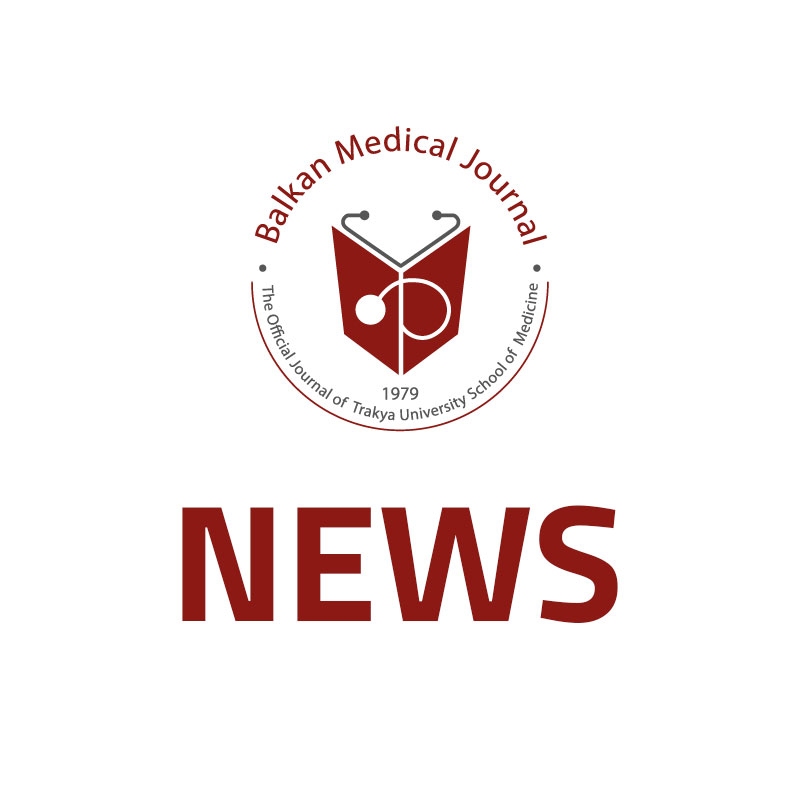
CAR T-cell therapy approved to treat certain children and young adults with B-cell acute lymphoblastic leukemia
The U.S. Food and Drug Administration (FDA) approved Kymriah (tisagenlecleucel), a cell-based gene therapy, for certain pediatric and young adult patients with a form of acute lymphoblastic leukemia (ALL).
Kymriah is a genetically-modified autologous T-cell immunotherapy. The patient’s T-cells are collected and genetically modified. The genetically-modified T-cells have a new gene that contains a specific protein (a chimeric antigen receptor or CAR) that directs the T-cells to target and kill leukemia cells that have a specific antigen (CD19) on the surface. These cells are given back to the patient to kill the cancer cells.
Source: https://www.fda.gov/NewsEvents/Newsroom/PressAnnouncements/ucm574058.htm
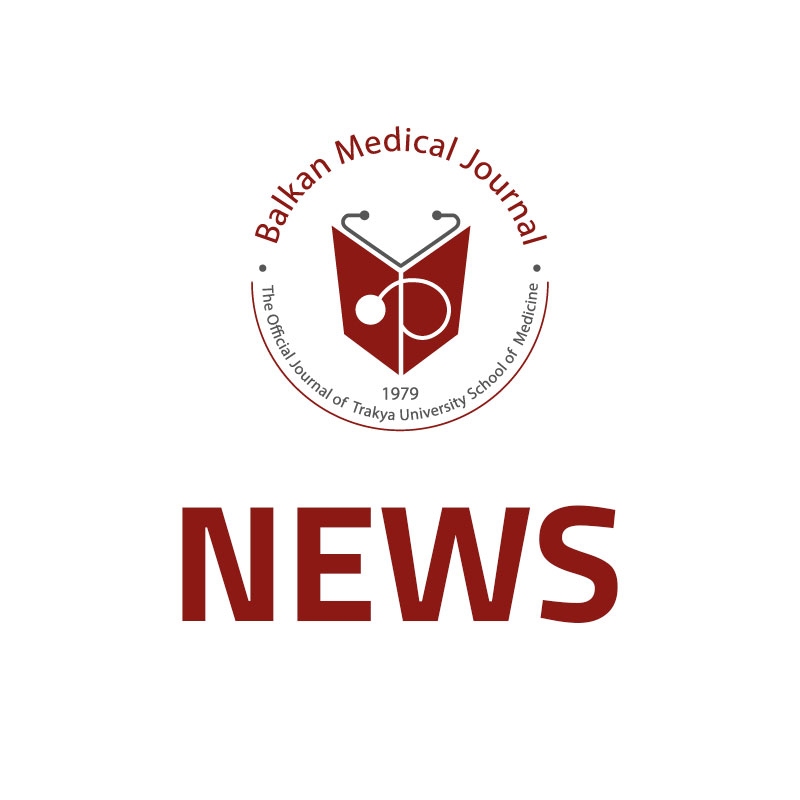
A Danish nationwide register-based cohort study
In a BMJ article, Xiaoqin Liu and colleagues reported that in utero exposure to antidepressants was associated with increased risk of psychiatric disorders. Using Danish registries, researchers followed over 900,000 children born between 1998 and 2002.
The adjusted 15-year cumulative incidence of psychiatric disorders was 0.8% in unexposed children, 11.5% in the antidepressant discontinuation group (antidepressant use before but not during pregnancy), and 13.6% in the antidepressant continuation group (antidepressant use both before and during pregnancy) and new user (antidepressant use only during pregnancy).
The researchers noted that the associations "may be attributable to the severity of underlying maternal disorders in combination with antidepressant exposure in utero." They also said that "Our results do not confirm causality."
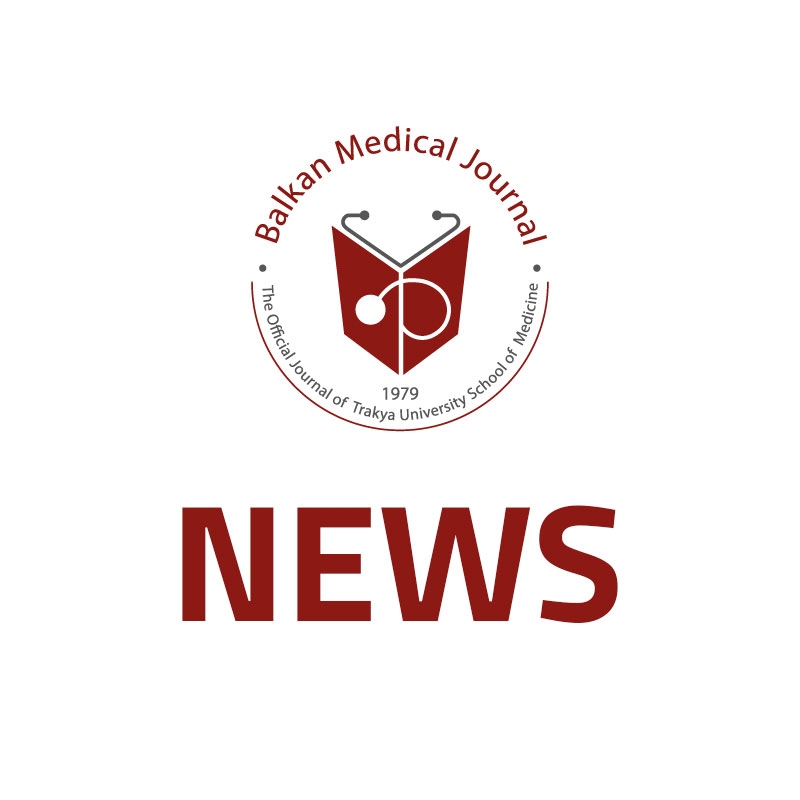
American Institute for Cancer Research (AICR) and World Cancer Research Fund (WCRF) reported that eating whole grains daily, such as brown rice or whole-wheat bread, reduces colorectal cancer risk, with the more you eat the lower the risk.
Diet, Nutrition, Physical Activity and Colorectal Cancer also found that the risk of colorectal cancers increases with regular consumption of hot dogs, bacon and other processed meats. A strong evidence that physical activity protects against colon cancer exists.
The report is part of the Continuous Update Project (CUP). This project is an ongoing analysis of the global research on how diet, nutrition, physical activity and weight affect cancer risk and survival.
Source: http://www.aicr.org/press/press-releases/2017/new-report-whole-grains-link-to-lower-colorectal-cancer-risk-for-first-time.html
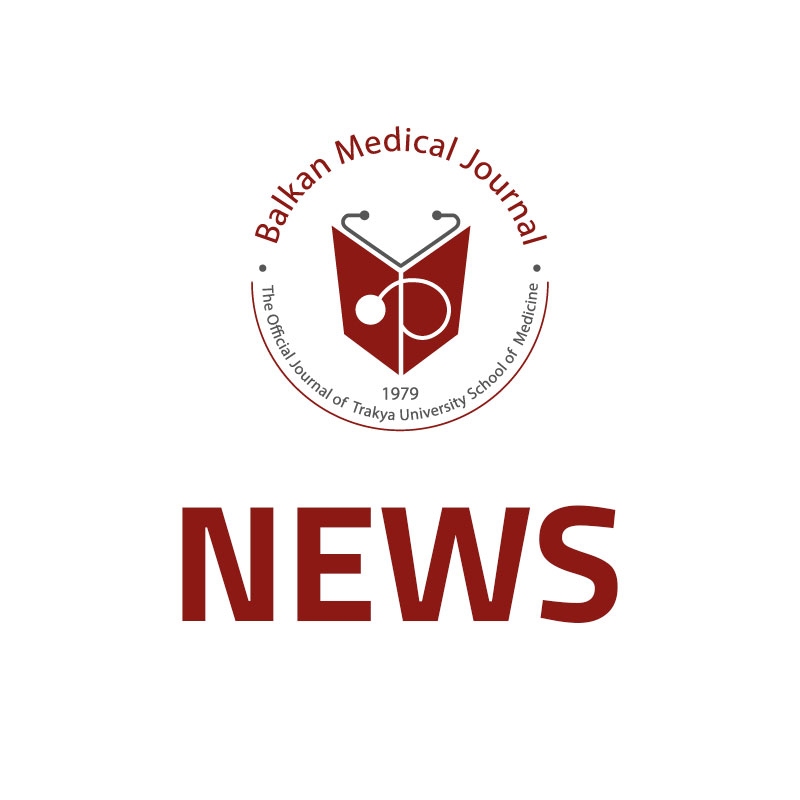
A recent mouse study at the UC Davis School of Veterinary Medicine demonstrated that a high-fat, or ketogenic, diet not only increases longevity, but improves physical strength.
Jon Ramsey, senior author of the article in Cell Metabolism (September 2017), said “We expected some differences, but I was impressed by the magnitude we observed — a 13 percent increase in median life span for the mice on a high-fat versus high-carb diet. In humans, that would be seven to 10 years. But equally important, those mice retained quality of health in later life.”
Source: https://www.ucdavis.edu/news/eat-fat-live-longer
http://www.cell.com/cell-metabolism/fulltext/S1550-4131(17)30490-4